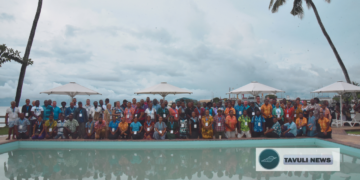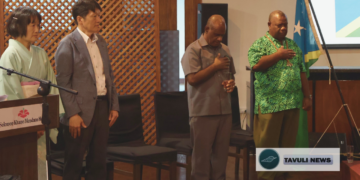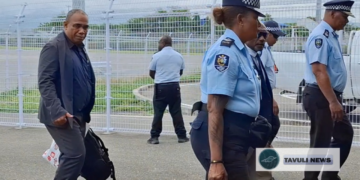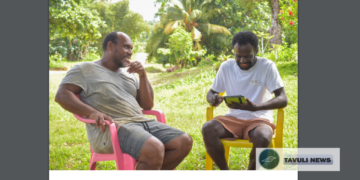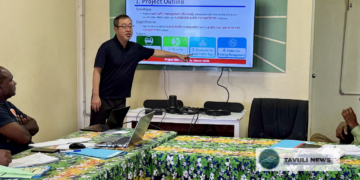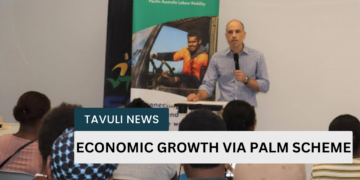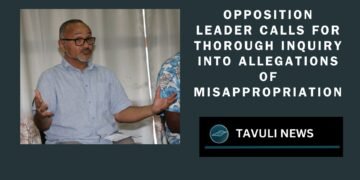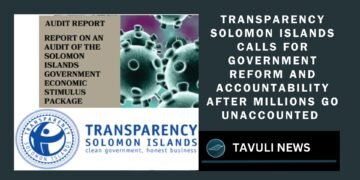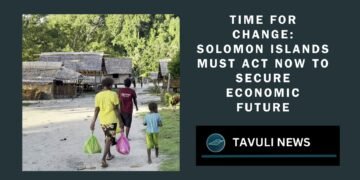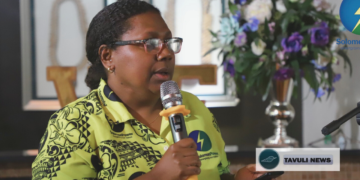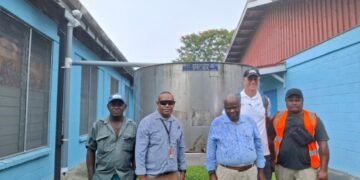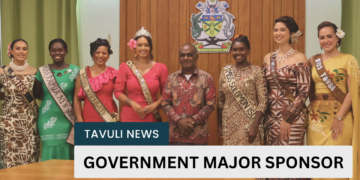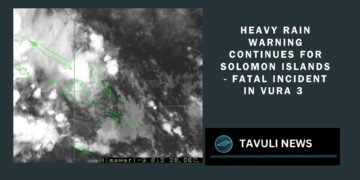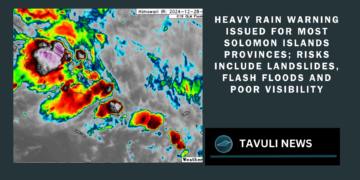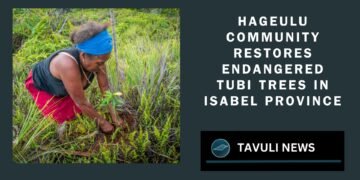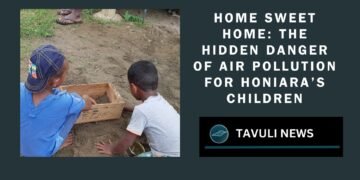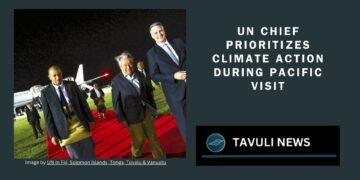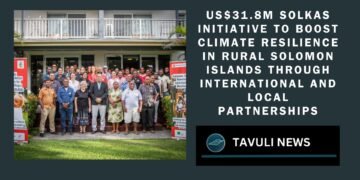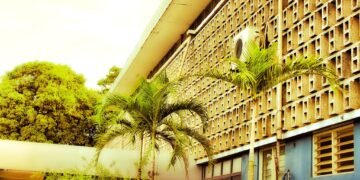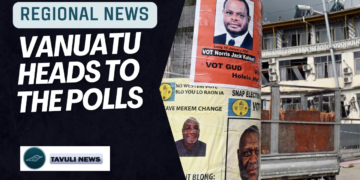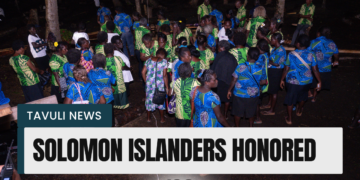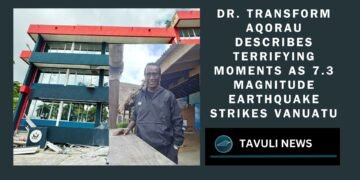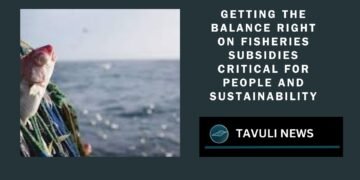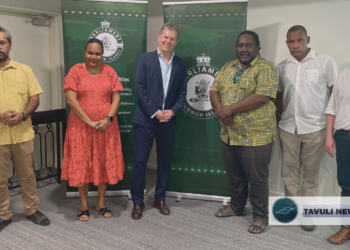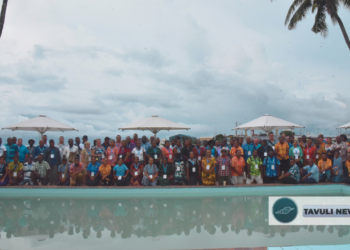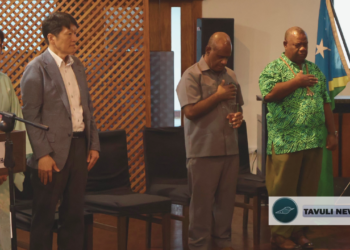Lord Howe Settler Highlight Challenges and Perceptions of Government Inattention, Believing Her Polynesian Identity Affects Response
By Jeremy Gwao
“Sometimes I thought to myself, maybe because we are Polynesians, the government does not take much notice of us,” says Gloria Kalale from the Lord Howe settlement in Honiara. The challenges faced by Lord Howe (Ontong Java) settlers are not new. The settlement is home to the Polynesian people of the Solomon Islands from Ontong Java for many years.
Historical Context and Migration
Ontong Java is a coral atoll in the Solomon Islands and one of the so-called Polynesian outliers. The name “Ontong Java” was given in 1643 by Dutch explorer Abel Tasman. In 1791, Captain Hunter of the Waaksamhey’d named it “Lord Howe’s Group.” In official publications, it is listed as “Ontong Java,” though some Solomon Islanders refer to it as “Lord Howe.” Ontong Java Atoll is also known as “Luangiua” or “Lord Howe Atol. Ontong Java is one one of the largest atoll in the world. It has 23 passages into the lagoon and more than 100 islets.
Ontong Java Atoll – A Brief History
Cultural Preservation Amid Modern Challenges
Despite the urban migration, the people of Luangiua maintain their distinct culture, customs, and language, actively participating in public events such as Independence Day celebrations. The settlement continues to practice the traditional Ontong Java chiefly system, with the chief supported by a Honiara-based committee handling village health, law and order and potential relocation discussions after severe weather events.
Growing Population and Limited Space
Overcrowding is just one of the many persistent challenges. The settlement is bordered by the National Referral Hospital, the main street, the river and the sea. The settlement is vulnerable to flooding from three sides: the sea, the river and surface runoff from the adjacent high ground. Extensive flooding has plagued the community in the past, and these issues have been reported time and time again by the residents. The majority of new arrivals seek refuge with relatives due to the scarcity of space for new housing.
Community Efforts to Combat Flooding
Residents have taken proactive measures to protect their homes. Houses have been raised on stilts and stabilized with sand, and a drainage channel has been constructed along the southern end of the community. Additionally, a landfill project by a local businessman, intended for container storage, inadvertently provided shoreline protection. Despite these efforts, erosion has claimed around 10 meters of the landfill over the past five years, leaving only 20 to 30 meters intact. This raises concerns about the settlement’s future over the next decade or two.
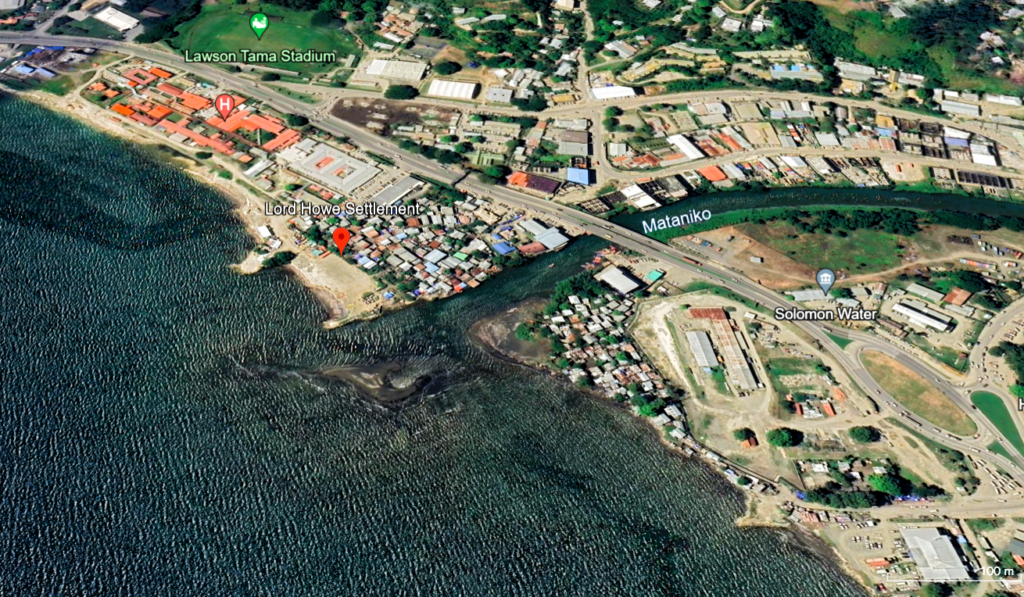
Slow Government Response
“Even though we live in Honiara, the response has been slow,” says Bartholomew, a 24-year-old youth leader. Concerned for his community, Bartholomew points out the challenges from rising sea levels and the expanding Mataniko River, which cause land loss. “Even though people know about our community and the challenges we face, the response remains slow,” he reiterates.

Government Relocation Guidelines
The Solomon Islands Government in 2022 received Planned Relocation Guidelines funded by the International Organization for Migration (IOM). These guidelines outline how to manage relocations before, during and after the process. They aim to help the Government and partners conduct relocations safely, uphold rights, and ensure effectiveness, providing lasting solutions for those affected by climate change and environmental changes. The guidelines support relocating communities from vulnerable areas and enhancing their resilience to disasters and environmental degradation.
Future Expectations
The Lord Howe people hope the government will address their plight and provide solutions. Youth leader Bartholomew sees government support as crucial amid overcrowding and climate change. The community expects local and national authorities to collaborate on relocation decisions with community leaders, but there appears to be little urgency so far.


